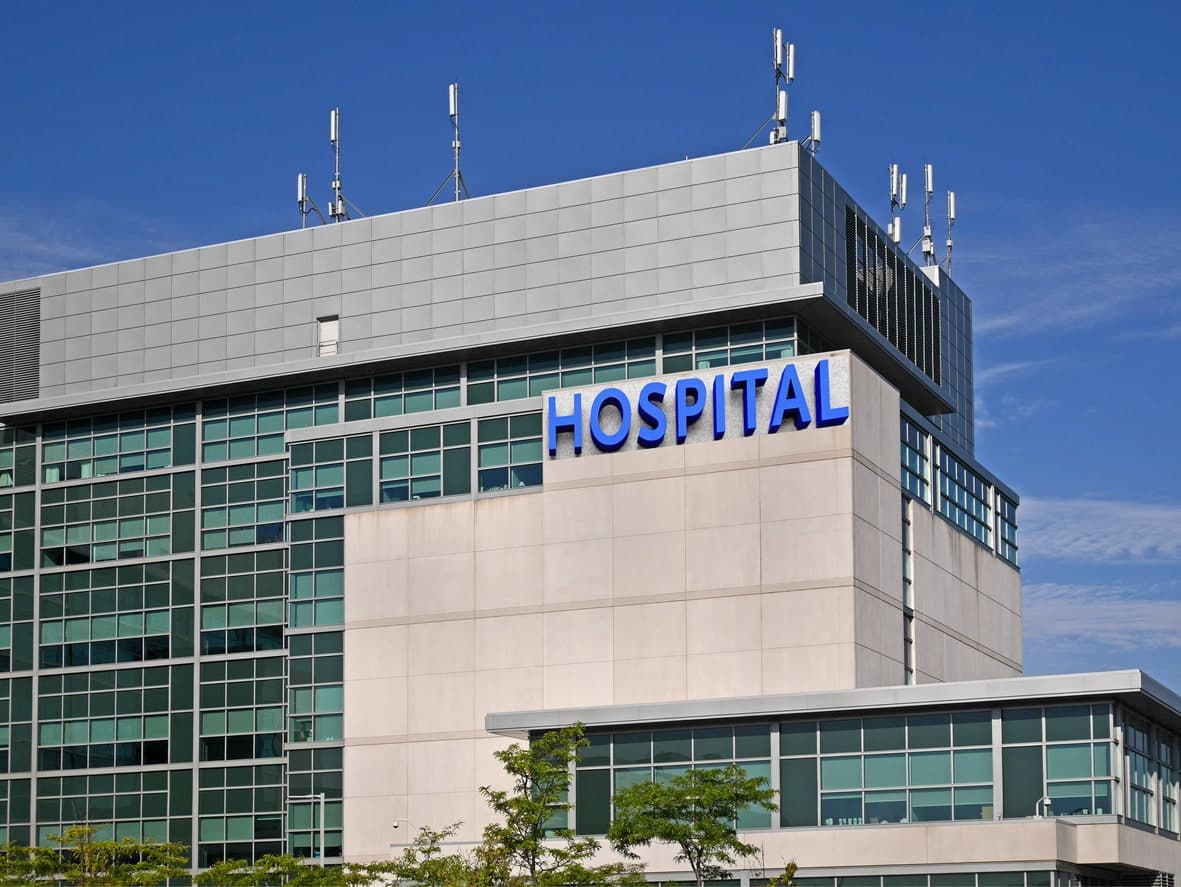The aftermath of cardiac arrest goes far beyond the lifesaving act of Cardiopulmonary Resuscitation (CPR). For the fortunate individuals who beat the odds and return from the brink, the psychological hurdles of their newfound lease on life can loom large and complex. This in-depth look into the mental health landscape post-CPR serves as a guide to navigating this often-overlooked aspect of recovery.
Understanding Psychological Trauma
For many CPR survivors, the experience is not merely a memory but a mental landscape that demands acclimation. The psychological impact of undergoing CPR can range from a mild sense of unease to full-blown post-traumatic stress disorder (PTSD). Factors such as the suddenness of the cardiac event, the setting in which it occurred, and the relationships of those involved can amplify the psychological weight of survival.
Mental Health Challenges Post-CPR
Survivors often contend with a complex mixture of emotions. They may feel fortunate to be alive while simultaneously grappling with guilt over the heart-stopping moments that set their loved ones into emergency action. At the root of this emotional storm is often a deep sense of mortality, now viscerally understood, that can prod at the survivor’s daily existence.
Coping Mechanisms and Support Systems
The human capacity for resilience often shines through in the wake of trauma. Engaging in regular mental health exercises, leaning on a robust support network, and exploring various avenues of therapy can become instrumental to recovery. Simple strategies, such as mindfulness and deep breathing, can be deceptively potent tools in an individual’s mental repertoire. Support from family, peers, and mental health professionals serves as a bedrock for the survivor’s emotional breakthrough.
The Importance of Mental Health Support
Recognizing the subtle signs of trauma is an essential first step in the recovery process. The initial symptoms can be as innocuous as restlessness, trouble sleeping, or a general sense of anxiety. However, when left unaddressed, these precursors to something greater can compound into a lasting issue.
Recognizing Symptoms of Trauma
It’s common for survivors to downplay the psychological strain they’re under, believing it to be a necessary byproduct of their experience. However, symptoms such as flashbacks, irritability, and an aversion to anything reminiscent of the CPR event should signal the need for intervention and self-reflection.
Seeking Professional Help and Guidance
In many cases, professional help is indispensable. Therapists trained in trauma management can guide survivors through the intricacies of their coping mechanisms, providing a confidential and informed ear to untangle the threads of their post-CPR experience.
The Recovery Journey
The emotional rehabilitation post-CPR is a personal odyssey. It’s a path filled with twists and turns that only the survivor can walk.
Steps Towards Emotional Healing
The steps toward emotional healing are as varied as the individuals taking them. From recounting their story to others, to engaging in artistic expression, or even finding solace in religious or spiritual practices, the breadth of therapeutic strategies is as boundless as the human imagination.
Building Resilience and Moving Forward
The goals of recovery are as multifaceted as the challenges. Survivors should seek to build resilience – not to the point of invulnerability, but to that of adaptability and understanding. This resilience can see them move forward, not beyond their experience, but with a renewed outlook on life and an appreciation for the days that follow.
Support Systems
We are not meant to shoulder the weight of life’s challenges in isolation. Support systems for CPR survivors come in various forms and are crucial to navigating the uncertain terra incognita of their mental health.
Family and Peer Support
The tacit understanding and unconditional love of close family members can be an anchor for the survivor’s mental well-being. Additionally, peer support groups consisting of other survivors provide a unique communal solace, as each member understands the other’s experience at an intrinsic level.
Therapy Options and Community Resources
The myriad of therapy options and community resources available to survivors offer a path to healing and understanding. It is through these avenues that many can find direction, discovering that they need not face the often-daunting task of recovery on their own.
Learning CPR
In contrast to the weight of the preceding sections, learning CPR carries the promise and potential of saving lives. By demystifying and teaching this crucial skill, individuals partake in a communal beneficence, gaining the power to intercede in the delicate balance between life and death.
Safety Training Seminars offers CPR training courses for individuals and organizations, helping to spread this invaluable knowledge far and wide. By empowering more people to learn CPR, we can create a stronger network of support for both survivors and those who may one day be in need of lifesaving assistance.
Conclusion
The psychological recovery for CPR survivors is not merely the purview of individuals or professionals, but a concerted effort of society at large. It is in the recognition of survival as a psychological as much as a physiological odyssey, that we can offer the most significant support to those who have faced life’s darkest hour.
A commitment to understanding, recognition, support, and empathy is the bedrock on which the emotional recovery of CPR survivors is built. In affirming the value of mental well-being post-CPR, we affirm the value of life itself – a lesson that transcends the narrative of recovery and rings eternally true.




